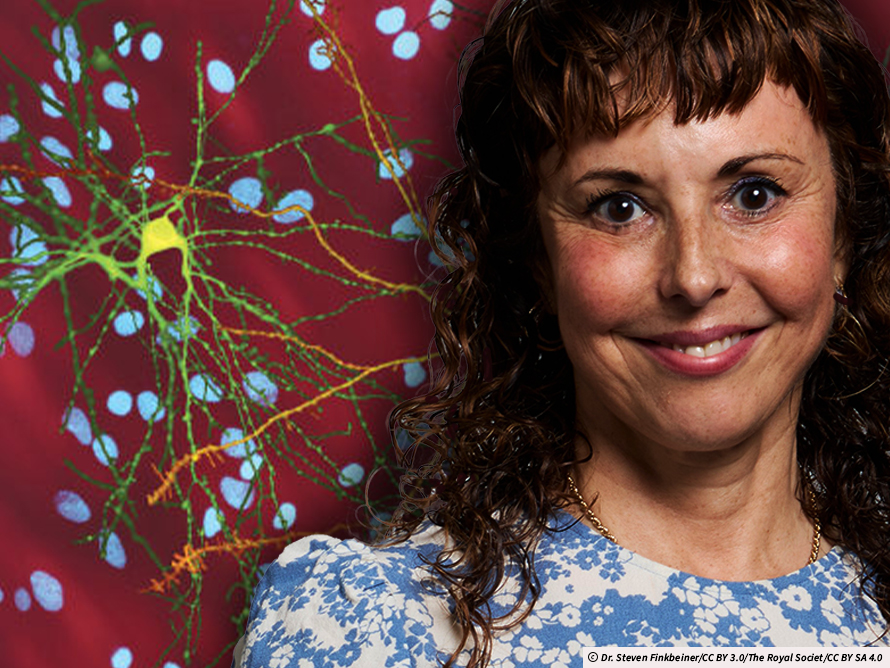Could we end illness? Scientists have managed to slow down Huntington’s disease, a deadly condition passed through families. Some think this could be the beginning of a disease-free future.
Found! Treatment for ‘cruellest’ disease
 Hope hunting: Professor Sarah Tabrizi (above), is renowned for her pivotal work as a scientific advisor on the development and clinical trials of AMT-130, a groundbreaking gene therapy that has shown promising results in slowing the progression of Huntington's disease.
Hope hunting: Professor Sarah Tabrizi (above), is renowned for her pivotal work as a scientific advisor on the development and clinical trials of AMT-130, a groundbreaking gene therapy that has shown promising results in slowing the progression of Huntington's disease. Comprehension quiz
-
What does the word “devastating” mean?
-
Which word is the closest synonym for “untreatable”?
A: Controllable
B: Incurable
C: Manageable
D: Temporary
-
According to the article, what symptom/s often appear/s first in people suffering from Huntington’s disease?
A: Paralysis
B: Loss of control over movements
C: Anger and depression
D: Dementia
-
How many diseases, by some estimates, are known to exist in the world?
A: 75,000
B: 440
C: Over 26,000
D: 8,938
-
What is the main reason immunologist Dr Sheena Cruickshank gives for why it is difficult to completely eliminate all diseases?
A: Scientists are not working hard enough.
B: Diseases and immune systems constantly change, and diseases learn to resist drugs.
C: Tech giants like Bill Gates and Mark Zuckerberg are not spending enough money.
D: People are not interested in a disease-free future.
-
The article explores the ambition of ending all disease. Based on the text, do you think this is a realistic goal, or should we focus on prevention? Explain your personal view, referring to at least one piece of evidence from the text.
Answers
Tap to reveal
Glossary
Mutations - Changes to the structure of genes.
Dementia - A syndrome associated with memory loss and other declining brain functions.
Leprosy - A chronic bacterial disease. Once known pejoratively as lepers, sufferers were historically forced to live in colonies, isolated from others.
Polio - An infectious disease that affected children all over the world. It left victims paralysed or unable to move their muscles.
Malaria - A serious parasite infection transmitted by mosquito bites. It is one of the world’s most lethal diseases.
Immunologist - A scientist or doctor who studies, diagnoses, and treats disorders related to the immune system, such as allergies, autoimmune diseases, and immunodeficiencies.
Viruses - Very small organisms that cause infections and illnesses.
Smallpox - A disease estimated to have killed 300 million people in the 20th Century.
Hypothetical - Based on an idea or theory that has not been proven but is assumed for the sake of argument or discussion.
